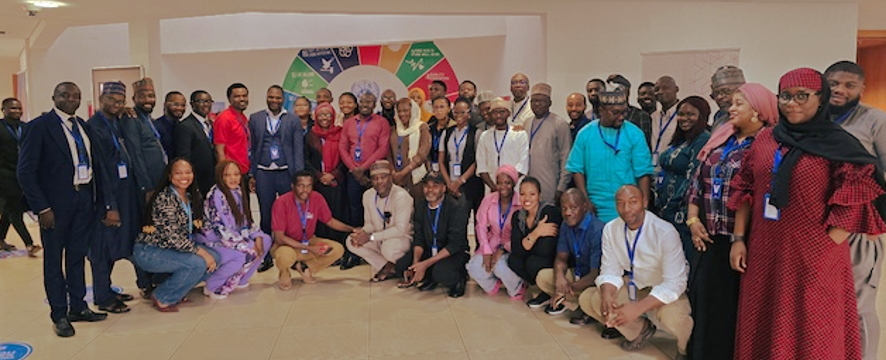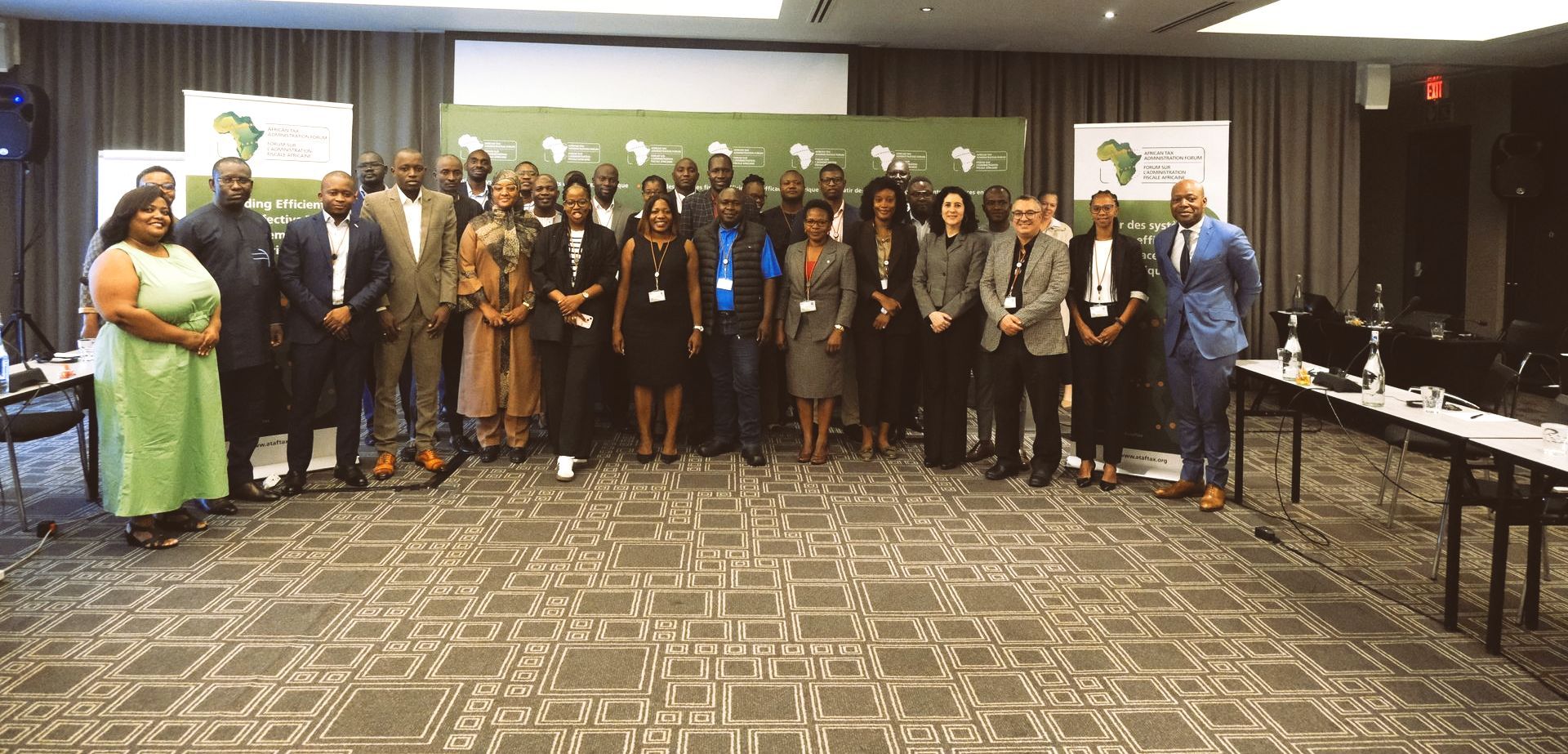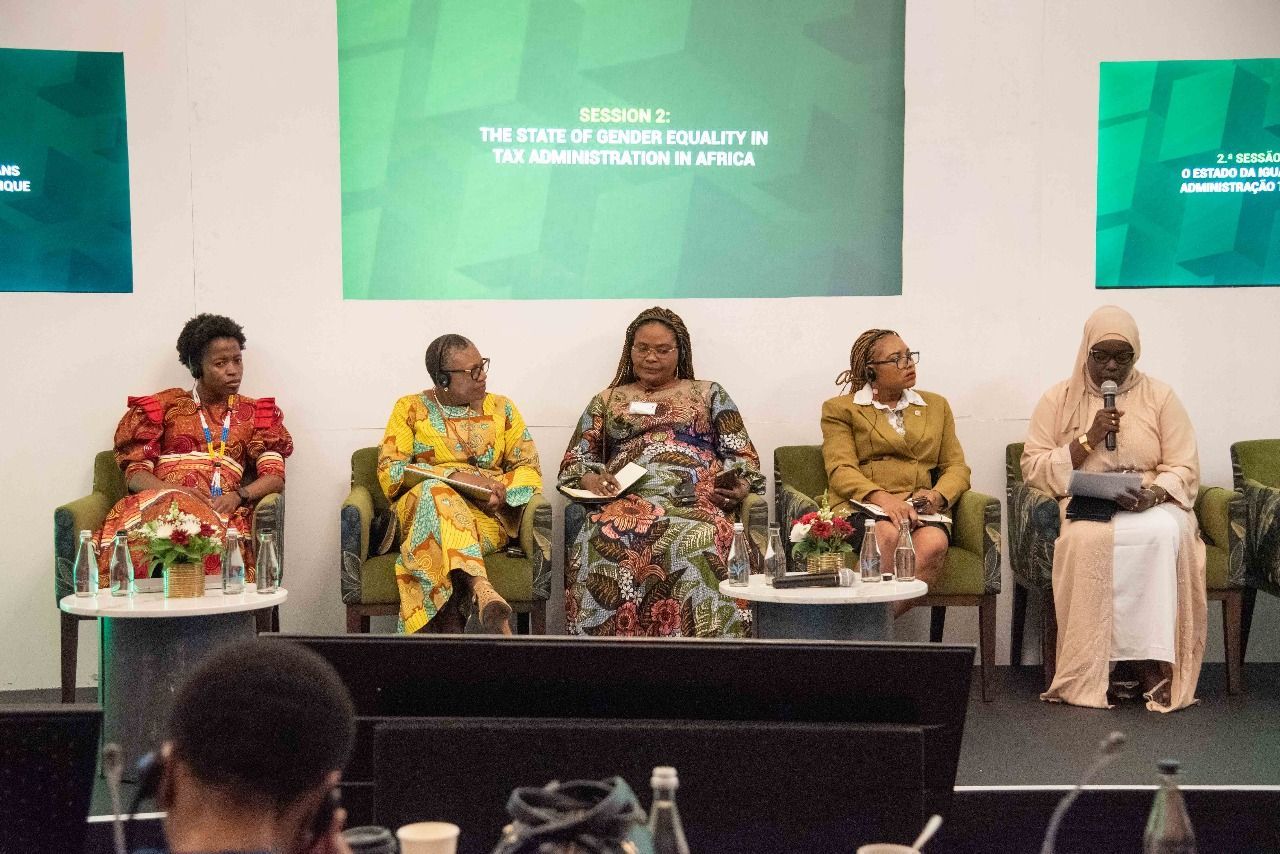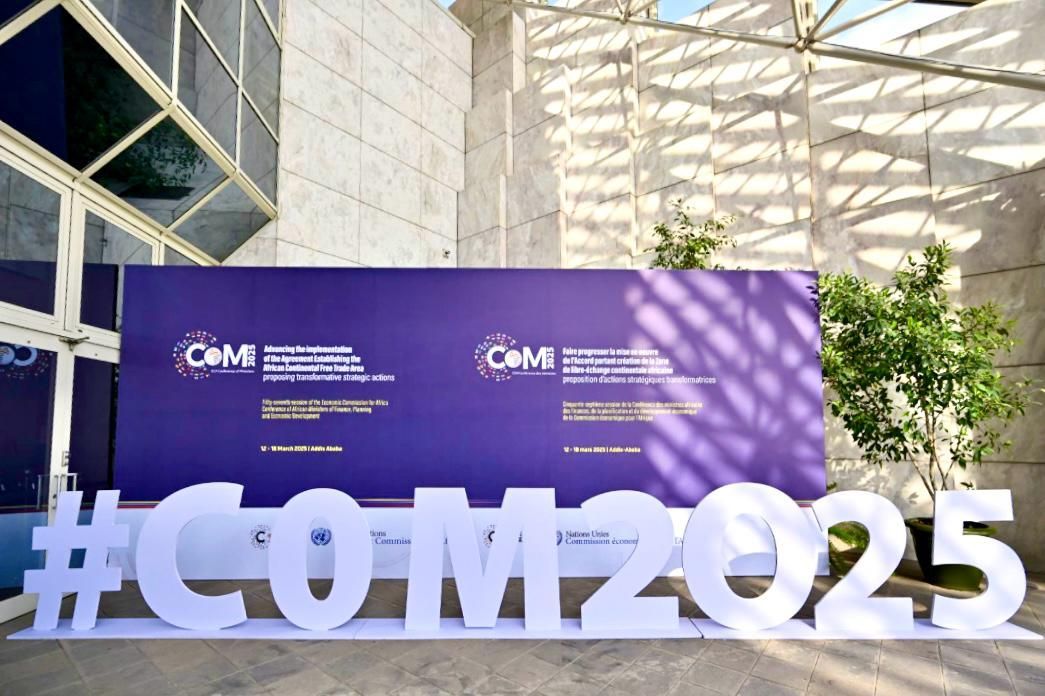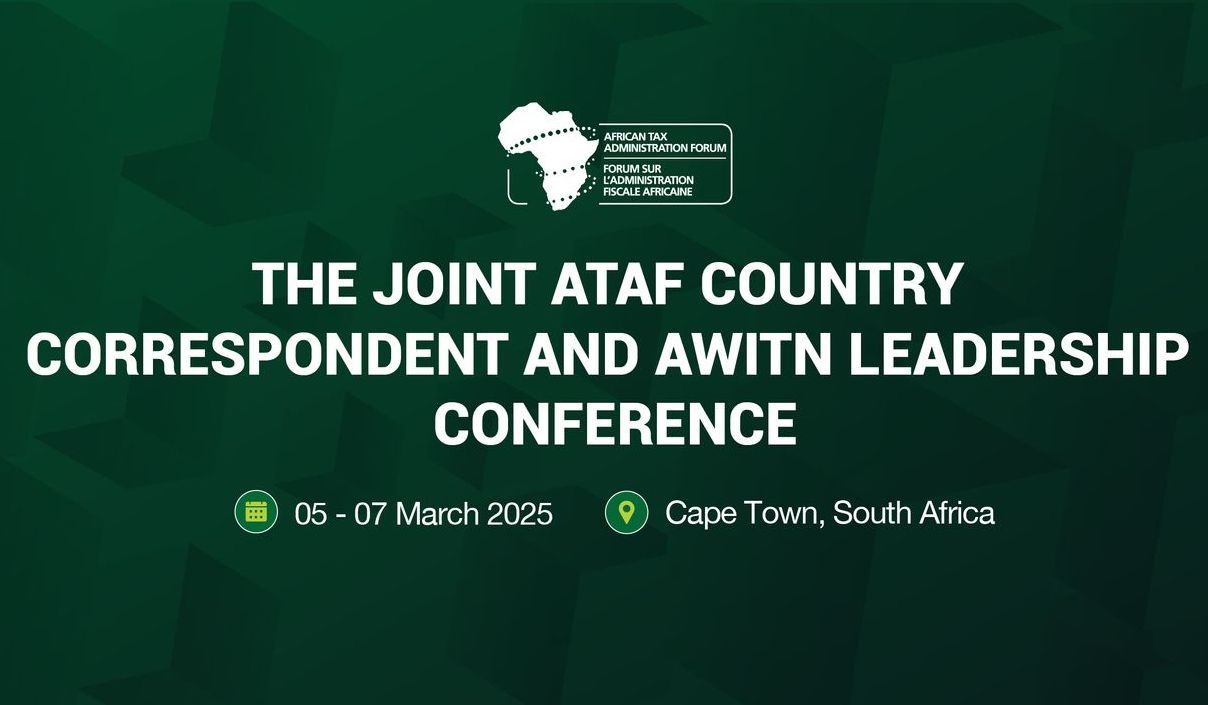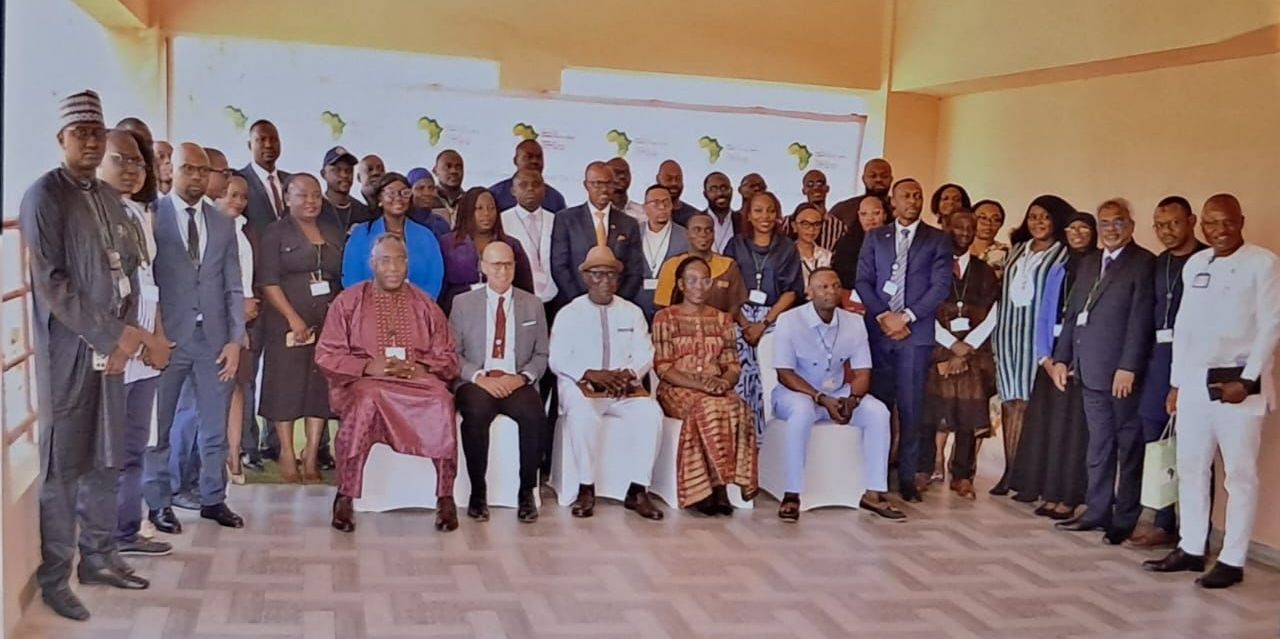OECD/G20 Inclusive Framework Releases Outcome Statement on the Two-Pillar Solution – What Does this Mean for Africa?
ATAF and Africa have, however, succeeded in gaining the inclusion of several provisions in the Amount A rules.
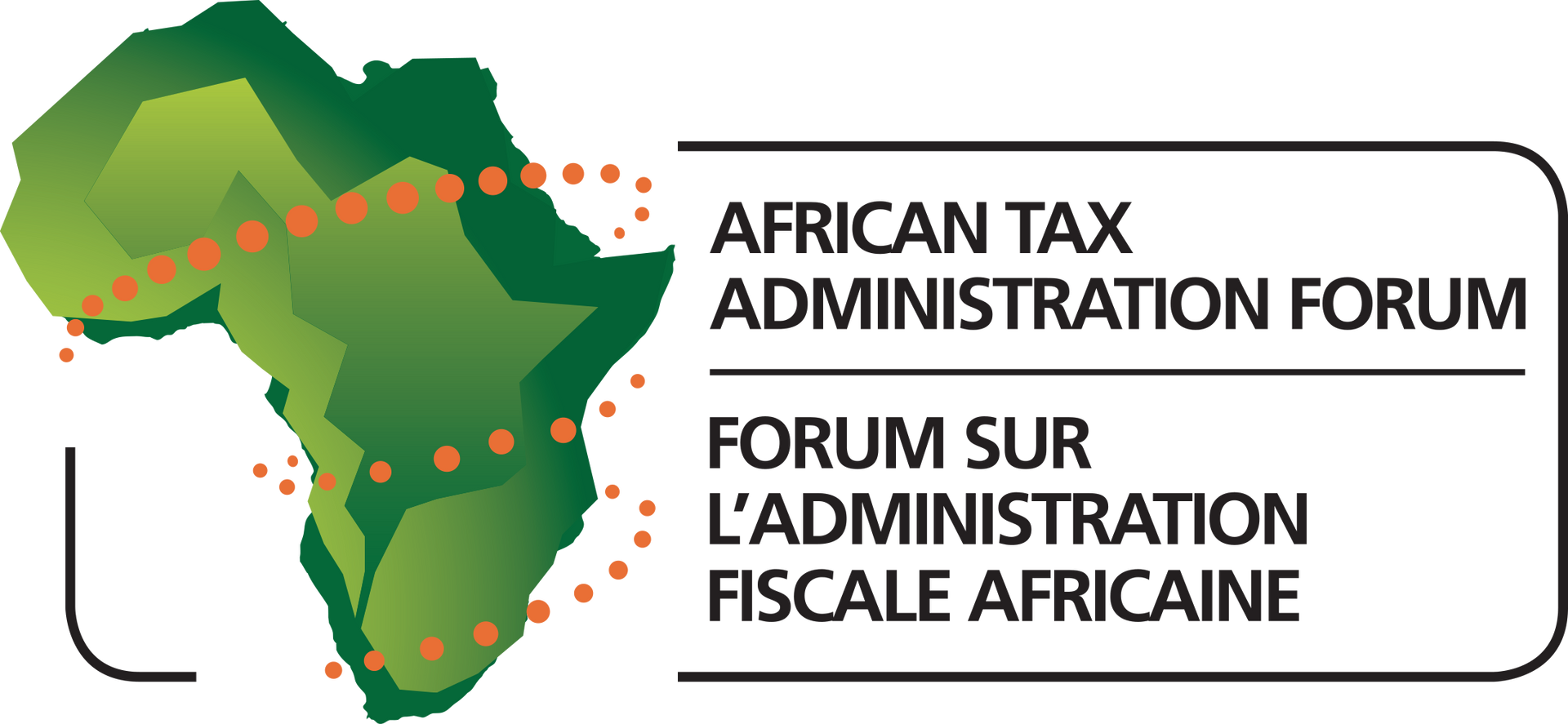
Cet article est également disponible en français
Este artigo também está disponível em português
After more than four years of intense negotiations, on 12 July, the Inclusive Framework announced that its members have delivered a package to implement the Two-Pillar Solution to Address the Tax Challenges Arising from the Digitalisation of the Economy. While the package is the most significant change to international tax rules in the last 100 years, and all African members have joined the outcome statement, but this doesn’t commit them to implement the so called Amount A rules. What does it mean for African countries, whether members of the Inclusive Framework or not?
The package is very much a compromise between the greatly differing view of the 143 members of the Inclusive Framework; African countries achieved some but not all of what they wanted. There are four parts to the package, and these aim to address different issues. Pillar One has two elements;- Amount A reallocates part of the global profits of the largest, most profitable multinational enterprises (MNEs) to so-called market jurisdictions. Secondly, -Amount B introduces a simplified and streamlined application of the arm's length principle to in-country baseline marketing and distribution activities. Pillar Two also has two elements starting with the GloBE rules that aim to ensure all larger MNEs' global profits are taxed at a minimum of 15%. The second element of Pillar Two is the Subject to Tax Rules, which to a limited extent restores source country taxing rights on certain types of income that have been ceded under Tax Treaties where the treaty partners taxes that income at below a 9% nominal corporate income tax (CIT) rate.
In ATAF's view, Amount, A will only lead to a very limited reallocation of profits to African countries and will not redress the current imbalance in the allocation of taxing rights between residence and source countries, which is to the detriment of source countries whre most African countries fall. For these reasons, ATAF made its own Pillar One proposal in May 2021. Whilst some aspects of that proposal have been adopted by the Inclusive Framework in the Amount A rules, many of the fundamental aspects were not adopted, which is very disappointing.
ATAF and Africa have, however, succeeded in gaining the inclusion of several provisions in the Amount A rules, which are estimated to roughly double the allocation of profits to the 27 African Inclusive Framework members, such as the allocation rules for so-called tail-end sales to lower-income countries.
In addition, African countries have expressed strong concerns regarding imposing a mandatory binding dispute resolution mechanism for issues relating to Amount A, including transfer pricing and permanent establishment disputes. ATAF and African countries have succeeded in this dispute resolution mechanism being elective for most African countries, whereby the African country will only undergo the binding dispute resolution process if it elects to do so. This is a major achievement for Africa.
The package does, however, commit Inclusive Framework members not to impose newly enacted Digital Service Taxes and relevant similar measures between 1 January and 31 December 2024 if a so-called critical mass of jurisdictions sign the Amount A Multilateral Convention (MLC) by the end of 2023.
This commitment is concerning as African countries rightly express the need to start taxing digital firms generating profits in their countries and not wait until the MLC comes into effect, which is highly unlikely to be before 2026 or 2027. ATAF will be working closely with the African Union and our members to engage at a policy (Ministerial) level, on the options available to countries for taxing digital firms both before and after the MLC comes into effect so they do not lose out on much-needed tax revenues from profits being earned by these firms in their country.
Further, the Amount B rules provide a framework for the simplified and streamlined application of the arm's length principle to in-country baseline marketing and distribution activities.
A large number of African countries consider that this rule will assist them in addressing the challenges they face in transfer pricing baseline marketing and distribution activities. Many African tax administrations report that between 30% and 70% of all of their transfer pricing disputes relate to such activities, with many distributors alleging they are making year after year losses. Pricing such activities is extremely challenging in African countries as there are often no comparable activities being carried on in the market, by independent companies as the market is dominated by multinationals.
These countries consider the Amount B rule could be a game changer for the African transfer pricing landscape, particularly where there are no independent companies carrying out comparable activities in the local market. ATAF and African Inclusive Framework members have successfully negotiated to have country risk adjustments included to increase the global profit margins in the Amount B pricing matrix for those jurisdictions that have no financial data in the Amount B global dataset. This is all African countries. This will ensure that in-scope marketing and distribution activities carried out in all African countries earn an appropriate profit margin.
ATAF is pleased to see that the Inclusive Framework has committed to incorporate the Amount B rules in the OECD Transfer Pricing Guidelines in January 2024. Many African countries, including many who are not Inclusive Framework members, use the Transfer Pricing Guidelines, so it is vital that Amount B is incorporated in the Guidelines in January 2024. There are, however, a number of important aspects to the design of the Amount B rules that are not yet agreed upon by Inclusive Framework members, and agreement needs to be reached by the end of 2023. We will be working very closely with African Inclusive Framework members and the African Union to ensure the commitment to include Amount B in the Guidelines in January 2024 is met.
In ATAF’s view, the Subject to Tax Rule (STTR) of Pillar Two is also an important part of the overall package for Africa. We were very disappointed that the GloBE rules published in late 2022 gave priority to the Income Inclusion Rule (IIR) over the Undertaxed Profits (UTPR) rule. Throughout the negotiations on the GloBE rules, we consistently called for the UTPR to have priority over the IIR and are very disappointed that the Inclusive framework gave priority to the IIR, which will only perpetuate the current imbalance in the allocation of taxing rights between residence and source countries which is to the detriment of African source countries.
ATAF very strongly called for the minimum effective tax rate for the GloBE rules to be at least 20% and were again very disappointed that the Inclusive framework agreed on a minimum rate of 15%. In our view, a 15% minimum effective rate will not stem Illicit Financial Flows (IFFS) out of Africa through artificial profit-shifting strategies, as it is much lower than the average statutory CIT rates in Africa, which is between 25% and 35%, meaning there is still a substantial incentive to profit shift out of Africa.
The STTR is, however, a step in the right direction in redressing the tax allocation between residence and source countries and in offering some defence against profit shifting. The STTR is a treaty provision that reinstates some source taxation rights, usually the imposition of Withholding Taxes (WHT), on certain types of income where these have been ceded under a Tax Treaty and the treaty partner taxes that income at a nominal CIT rate of less than 9%. ATAF has consistently made it clear that in our view, the STTR will only be effective in achieving its stated policy objective of helping source countries to protect their tax base, notably those with lower administrative capacities if the scope is broad and in particular that it includes all service payments.
From ATAF's technical assistance programmes with many of our members, we are very aware that service fees often pose very significant BEPS risks. For example, through our technical assistance work, we are aware of one of the smaller African countries losing tax of over USD75 million in a five-year period due to WHT being reduced on service payments under just one Tax Treaty.
Such tax losses are not sustainable for developing countries, and in our experience, WHTs can provide an effective defence against these BEPS risks associated with base-eroding intra-group payments as long as the WHT is at an appropriate rate.
ATAF and African countries in the IF have now successfully negotiated for all payments relating to the provision of services within the scope of the STTR. This is another significant achievement for Africa.
We were also successful in negotiating for the STTR to apply in priority to the GloBE rules, meaning that the application of the STTR does not take into account tax under an IIR, UTPR or a Domestic Minimum To-Up Tax. This is very important to help protect source taxation rights.
As a next step, ATAF will be working closely with its members to ensure that they make requests to include the STTR in all of their treaties where the treaty partner taxes covered income at a nominal CIT rate below the STTR minimum rate of 9%.
Whilst the work on the design of the Two-Pillar solution appears to be reaching its conclusion, ATAF considers this is not the end of the global tax debate. We will continue to press for greater and more fundamental changes to address both the concerns Africa continues to have on the allocation of taxing rights between residence and source jurisdictions and to address IFFs out of Africa through artificial profit shifting by some multinationals. Those further changes will be of paramount importance to ensuring Africa has the domestic resources it needs if African countries are to be able to rebuild their economies in a post-Covid-19 environment.
ATAF will continue to work closely with the African Union and our members both on the implementation of the Pillar One and Pillar Two rules and in obtaining further changes to the global tax rules as this is important to both restore stability to the international tax system, and to the development of a fairer and more equitable allocation of taxing rights.
The work ATAF, its members and the African Union have done in the negotiations on the two-pillar solution has been groundbreaking and pioneering work for Africa and has meant that, for the first time, Africa has been able to fight to have its tax policy objectives better reflected in the global tax rules. ATAF’s active participation, as an observer organisation, continues to benefit from facilitation by the OECD Secretariat, which is greatly appreciated. We will continue to work to increase Africa's influence in developing these rules to ensure a fairer and more just international tax system for Africa and other developing countries, in all relevant fora.
ENDS
For photographs, media queries and interviews requests:
Contact person: Refilwe Pitjeng – ATAF Communications Coordinator
Phone: +27 66 217 9126
Email: rpitjeng@ataftax.org



